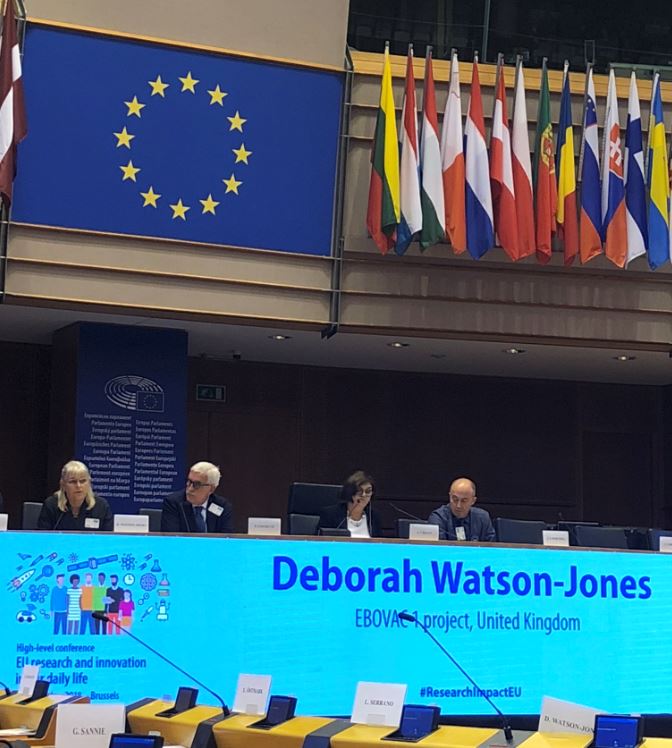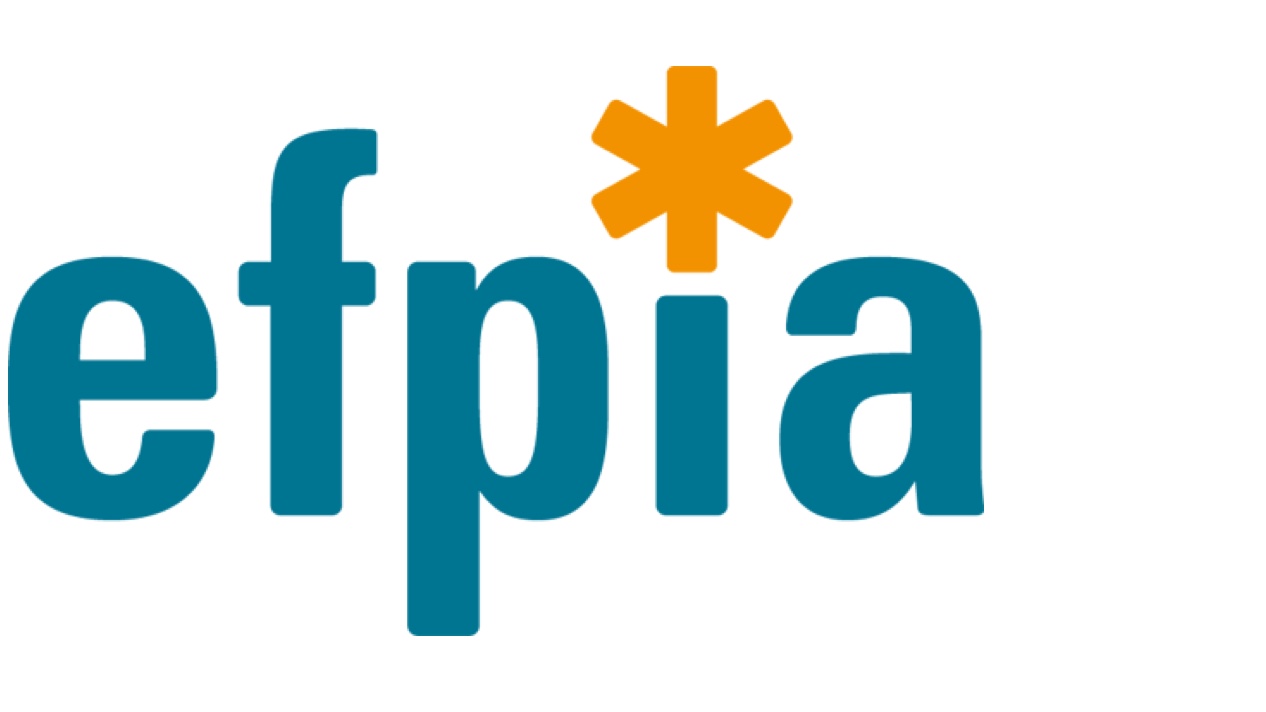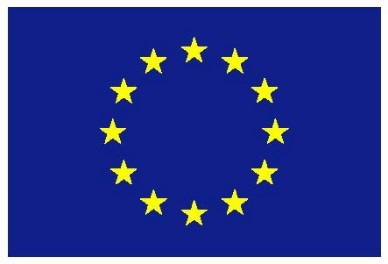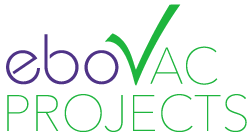EBOVAC1 ACHIEVEMENTS PRESENTED AT HIGH-LEVEL CONFERENCE ON EUROPEAN RESEARCH AND INNOVATION
27 November 2018
EBOVAC1 was one of only 20 projects chosen to showcase the best of European research and innovation at a conference co-hosted by the European Parliament and the European Commission on 27 November 2018.
Professor Deborah Watson-Jones, Clinical Epidemiologist at the London School of Hygiene & Tropical Medicine and co-ordinator of the EBOVAC1 project, presented some of the project’s achievements so far and explored how the development of an effective Ebola vaccine could impact on daily lives in Europe and beyond.
Introducing the ‘High-Level Conference on EU Research and Innovation in your Daily Life’, Carlos Moedas, European Commissioner for Research, Science and Innovation, said: “Thousands of brilliant scientists and innovators across Europe and the rest of the world have been supported by EU funding, and thanks to them we know that science and innovation are not confined to the lab. Instead, they bring real, tangible benefits to our daily lives and they make Europe and the world a better place for us all.”
 In her speech Professor Watson-Jones praised the crucial role of European funding in the fight against Ebola, including the research projects funded by the Innovative Medicine’s Initiative’s Ebola+ Programme. She emphasized the importance of continuing research related to Ebola, noting that “Ebola has not gone away… The recent outbreak in the DRC continues to spread and this time it seriously threatens neighbouring countries like Uganda, Rwanda and South Sudan who are having to deploy complex and costly prevention measures.
In her speech Professor Watson-Jones praised the crucial role of European funding in the fight against Ebola, including the research projects funded by the Innovative Medicine’s Initiative’s Ebola+ Programme. She emphasized the importance of continuing research related to Ebola, noting that “Ebola has not gone away… The recent outbreak in the DRC continues to spread and this time it seriously threatens neighbouring countries like Uganda, Rwanda and South Sudan who are having to deploy complex and costly prevention measures.
“Having a number of licensed vaccines to prevent Ebola infection will add a powerful weapon to our armoury.”
The EBOVAC1 and EBOVAC2 projects funded by IMI have allowed the vaccine development process – which normally takes over 10 years – to be compressed because of the urgency to find preventative vaccines against Ebola. EBOVAC1 has completed Phase 1 trials in the UK and East Africa, and a Phase 2B safety and immunogenicity trial – the largest study of this vaccine regimen with over 1,000 participants – is ongoing in Sierra Leone.
Professor Watson-Jones noted that it is too early to provide results from the Sierra Leone trial, but confirmed the positive news that “The Oxford [Phase 1] trial’s results published in 2016 showed that the vaccines were safe and produced excellent immune responses. These results were rapidly confirmed by the trials in 3 countries in East Africa”.
Discussing the conference theme of the impact of EU research and innovation on daily lives, Professor Watson-Jones described the potential impact of effective Ebola vaccines on daily lives. Effective vaccines would help control an outbreak but could also prevent the disease from spreading more widely, for example through a sick traveler or health care worker. As well as the clear health benefits, this could also lead to economic benefits both in Ebola-affected countries and beyond.
Watch the Health and Wellbeing Panel discussion (EBOVAC1 at 1 hour 11 minutes)



